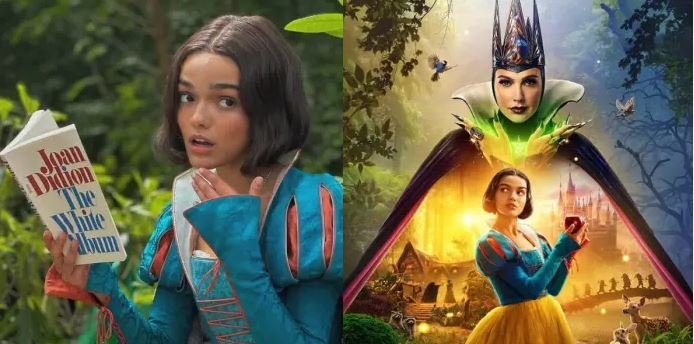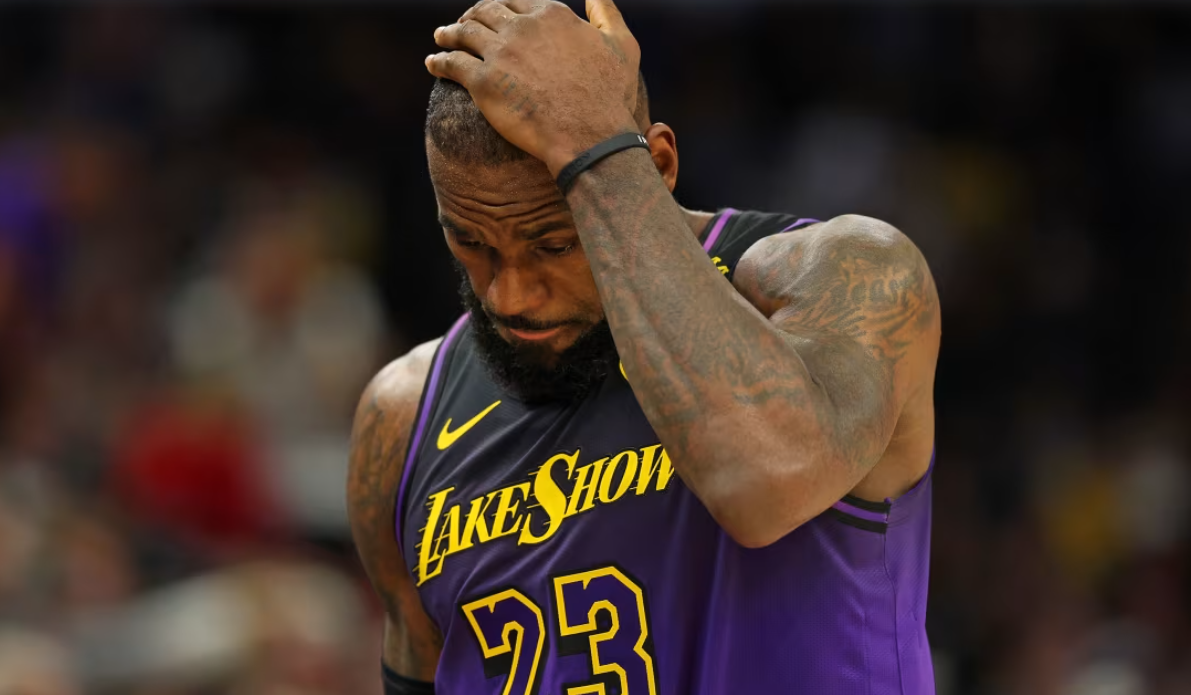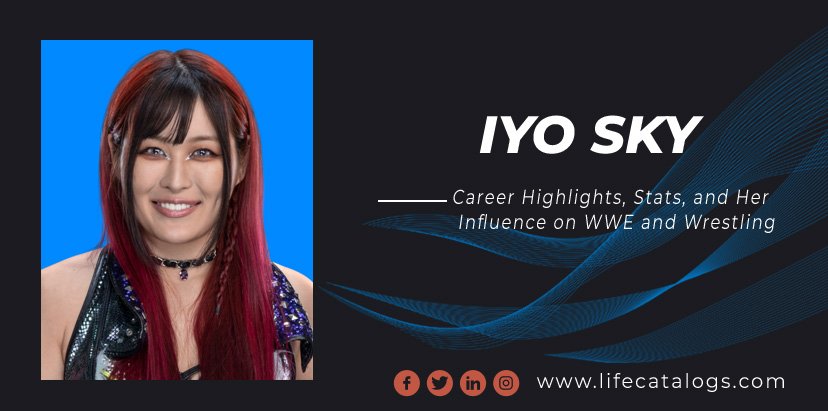Disney’s upcoming live-action remake of Snow White has sparked massive controversy, with its lead actress, Rachel Zegler, at the center of it all. The debate involves multiple issues, including criticism of the original Snow White story, Zegler’s political views, Disney’s creative direction, and industry backlash. The controversy has divided audiences, with some supporting Zegler’s perspective and others accusing her of disrespecting a beloved classic.

The controversy started when Rachel Zegler, who plays Snow White in the remake, made remarks about the 1937 animated classic. In interviews, she criticized the original story, saying:
- It focuses too much on the love story.
- The prince “literally stalks” Snow White.
- The new movie would give Snow White a stronger leadership role instead of making her just a damsel in distress.
These statements angered many Disney fans, who felt Zegler was dismissing the charm and romance of the original film. Critics accused her of being ungrateful for the role and of undermining the legacy of Snow White and the Seven Dwarfs, which was Walt Disney’s first full-length animated feature.
Zegler’s comments led to widespread backlash on social media. Some fans and influencers began calling for a boycott of the film, arguing that Disney was rewriting a classic in a way that disrespected the original vision.
The criticism intensified when leaked set photos revealed that the movie had replaced the traditional seven dwarfs with a diverse group of non-dwarf characters. Some people saw this as unnecessary political correctness, while others argued that it was an attempt to modernize the story.
Disney later delayed the film’s release from 2024 to 2025, leading some to speculate that the backlash played a role in the decision.
Reports suggest that Disney’s Snow White remake is now expected to lose around $115 million due to poor public reception and the cost of production. Many analysts believe the controversy surrounding Zegler contributed to the negative buzz around the movie, affecting its commercial prospects.
Disney had already suffered a series of box office failures with other live-action remakes (The Little Mermaid, Haunted Mansion), and it appears Snow White could follow the same path.
The situation escalated when Rachel Zegler shared pro-Palestinian statements on social media amid the Israel-Gaza conflict. This sparked further division, as her co-star, Gal Gadot (who plays the Evil Queen), is Israeli.
- Gal Gadot reportedly received death threats, leading to increased security measures for both actresses.
- The incident caused tensions within the production, and some insiders claim Disney executives were unhappy about the added controversy.
Additionally, Jonah Platt, son of Snow White producer Marc Platt, publicly criticized Zegler, calling her immature and saying her actions harmed the movie. In contrast, actor Pedro Pascal defended Zegler, calling her an “icon.”
This debate has highlighted the growing division in Hollywood regarding how actors’ personal beliefs and political opinions affect their roles and public perception.
The Snow White controversy is part of a bigger trend in Hollywood—how classic fairy tales should be adapted for modern audiences. Disney has been trying to update older stories by focusing on female empowerment, diversity, and political messaging, but this often results in backlash from traditional fans.
Similar issues have occurred with other Disney remakes, such as:
- The Little Mermaid (2023) – criticized for casting a Black actress as Ariel.
- Peter Pan & Wendy (2023) – faced backlash for changing major story elements.
Many argue that while updating classic stories is important, forcing modern ideologies into them often alienates original fans. The Snow White remake is now seen as the latest example of this problem.
Rachel Zegler’s Snow White has become one of the most controversial Disney projects in recent years. With criticism over its casting, script changes, political involvement, and financial struggles, the movie’s success is now uncertain.
The controversy raises bigger questions about Hollywood, audience expectations, and the role of social media in shaping public perception of films. Whether the movie succeeds or fails, it has already sparked an important conversation about how classic stories should be adapted for the modern world.
Do you believe Rachel Zegler’s comments were justified, or do you think Disney should stay true to classic stories? Let us know in the comments!
















